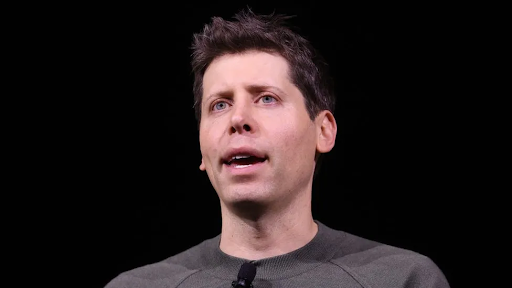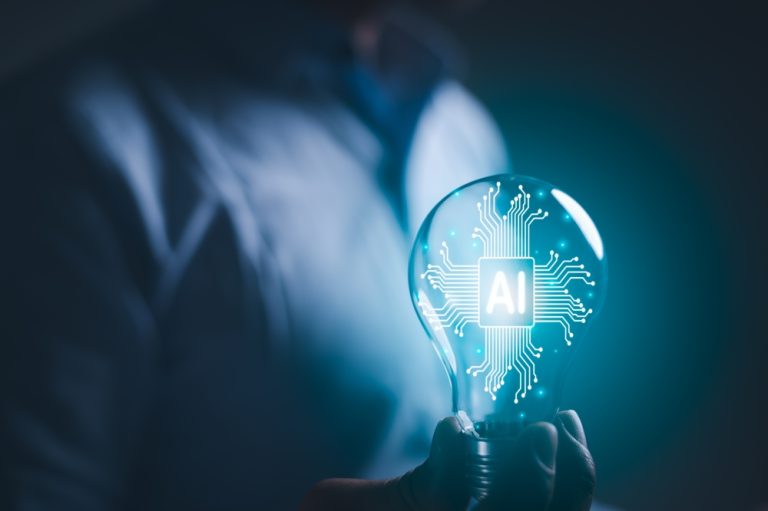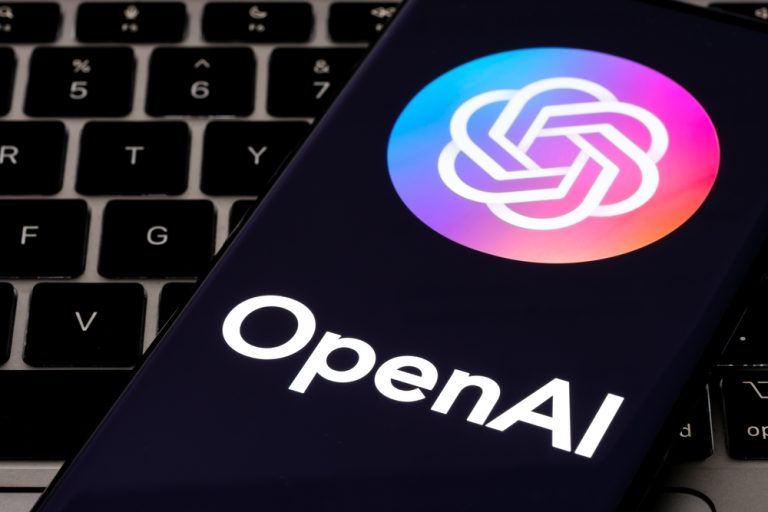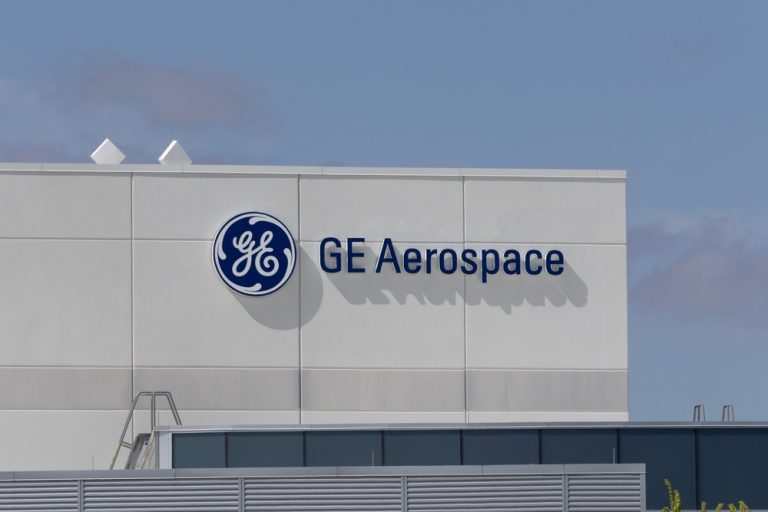In a stunning reversal of corporate drama, Sam Altman returns triumphantly to his position as the head of OpenAI, the innovators behind ChatGPT, merely five days after his abrupt dismissal. The narrative of Altman’s departure and return reads like a Silicon Valley soap opera, replete with clandestine boardroom decisions, widespread internal dissent, and a genuine public display of support culminating in his reinstatement. The board’s accusation of Altman’s lack of candidness casts a mysterious shadow over the initial decision to fire him. Yet, the overwhelming support from OpenAI employees symbolized through a co-signed letter threatening mass resignation and social media solidarity, underlined the essentiality of people in the technological giant’s equation.
As the dust settles, the underlying motifs of money and power in this saga are unmistakable. OpenAI, a behemoth valued at $80bn, operates on a costly model that powers its chatbot services. The pressure to monetize and appease investors is intense, revealing the intricacies of balancing innovation with financial sustainability. Moreover, with technology like AI, poised to redefine our world, the concentration of power among a select few, including Altman, raises concerns about the potential for significant societal impact, both constructive and destructive.
Tthe reappointment of Altman is a testament to the influence of collective will within a company. It also serves as a reminder of the human elements behind the curtains of groundbreaking technology. This incident may well be a footnote in the grand tale of AI’s evolution. Still, it echoes the sentiment shared by quantum physics professor Andrzej Dragan on social media: the architects of artificial general intelligence, like the rest of us, are not immune to the unpredictability of the repercussions of their decisions.
























+ There are no comments
Add yours